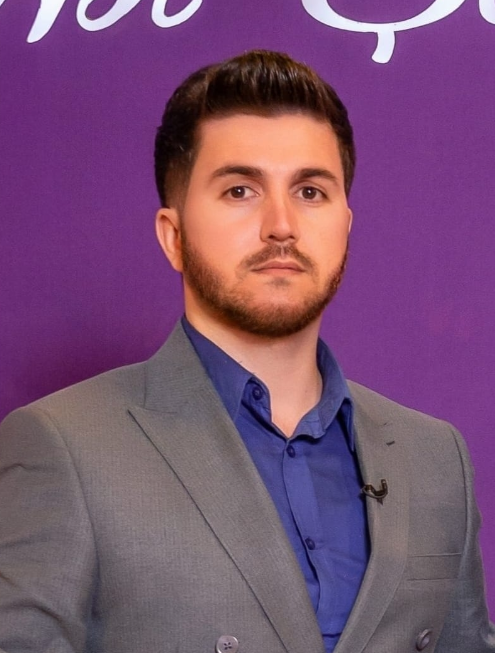BAKU, Azerbaijan, July 18. The silence of international courts and human rights institutions on issues of discrimination based on nationality allows similar acts (like genocides) to spread to other geographical spaces, Trend reports.
This process is usually caused by the syndrome of impunity among the parties who commit terrible mass murders.
The most striking example of genocide was witnessed 31 years ago. The genocide committed by the Armenian armed forces on the night of February 25–26, 1992, during the capture of the city of Khojaly with the participation of the Russian 366th Motorized Rifle Regiment against the Azerbaijanis, who were the indigenous population of Khojaly, has not yet received a fair assessment by international authorities.
In the terrible massacre in Khojaly, 613 residents were killed, including 63 children, 106 women, 70 old men and women, 8 families, 25 children who lost both parents and 130 children who lost one of their parents. A total of 76 people were injured by enemy bullets, including 487 children.
As many as 1,275 people were taken prisoner, the fate of 150 prisoners, including 68 women and 26 children, is still unknown. It was an actual genocide when civilians fleeing from the persecution of Armenians were killed with unprecedented brutality, but the West remained silent about this for some reason.
It was this silence of the West that made another genocide in the center of Europe inevitable three years later.
During the civil war in the former Yugoslavia in 1991-1995, the Serbian army committed an act of genocide, as a result of which at least 8,300 Bosnian Muslims were killed in the city of Srebrenica in July 1995.
The murders were committed by the Serbian army, subordinated to General Ratko Mladic and armed with heavy equipment. Like in Khojaly, women and children were killed with special cruelty during the genocide in Srebrenica. Along with the Serbian army, Serbian Scorpions special security forces participated in the massacre.
Both genocides cover the first period after the Soviet Union collapse.
The general similarity of the genocides in Srebrenica and Khojaly was that in both cases, in humanitarian corridors allegedly created for civilians trying to escape death, they were ambushed.
The Srebrenica genocide has gone down in history as the largest-scale massacre in Europe since World War II. But the first signals of this sounded three years ago from Khojaly. Although the Khojaly genocide went down in history as the first legally documented act of genocide in Europe, unfortunately, the double standards of the West and international institutions did not allow the Khojaly massacre to be recognized as an act of genocide.
Azerbaijan has a sufficient number of video and photo materials related to the Khojaly genocide. But the West is accustomed to remaining silent in relation to Azerbaijan. 31 years have passed, but the West has not changed its decisions regarding Khojaly at all.
The biggest reason for the genocide in Srebrenica was that there was no fair decision regarding the massacre in Khojaly. However, unlike Khojaly, the UN International Court of Justice officially recognized the Srebrenica massacre as genocide. And the crime, committed in this city, prompted NATO to launch military operations against Serbia.
After the Khojaly genocide, no one even dared to shout at Armenia, not to mention the large-scale military operations of NATO. Meanwhile, the barbarity of Armenia against Azerbaijan increased, and the failure to assess the criminal acts of the Armenians led to the fact that more than 20 percent of the territory of Azerbaijan was under occupation for 30 years, which led to bloodshed in the region.
The West, especially NATO and the EU, who forgot about the illegal actions of Armenia, did not take into account that three years ago, during the 44-day Karabakh war, the Azerbaijani army restored international justice.






